Your home is more than a setting for many of life’s memories. It’s typically your most significant asset to increase wealth over time. But what if your home starts losing value? You’ll need to discover what’s hurting your property value so you can roll up your sleeves and stop the slide. Like any investment, you want your home to at least maintain value so you can eventually reap the ultimate reward of increased equity.
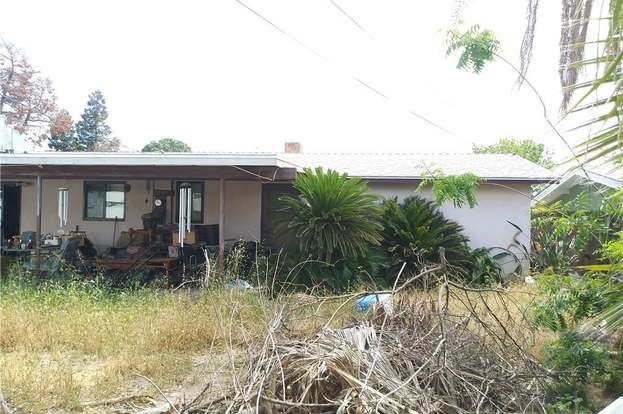
1. Deferred Maintenance
Even if it’s not broken, it can still lower your home value. Regularly check the condition of your home’s structural components and systems. The U.S. Department of Housing and Urban Development (HUD) provides a comprehensive checklist to help improve and monitor your home’s condition. Common deferred maintenance that impacts property value includes a damaged or old HVAC system, termite damage, wood rot, decaying foundation, frayed electrical wires, cracked driveways and sidewalks, and leaky plumbing.
2. Unpermitted Home Improvements
When you undertake major home improvement projects without a permit, you may actually lose money in the long run. Home additions built without a permit are illegal and won’t count as added square footage in a home appraisal, negating your return on investment. Buyers must be made aware of unpermitted renovations and may negotiate for a lower sales price, given they may need to either obtain a retroactive permit and pay to bring the work up to code or live with the risk.
Speaking of risk, if a pipe bursts or an electrical fire starts due to code violations, you’ll need to cover the damage out of pocket since illegal construction voids the homeowner’s insurance.
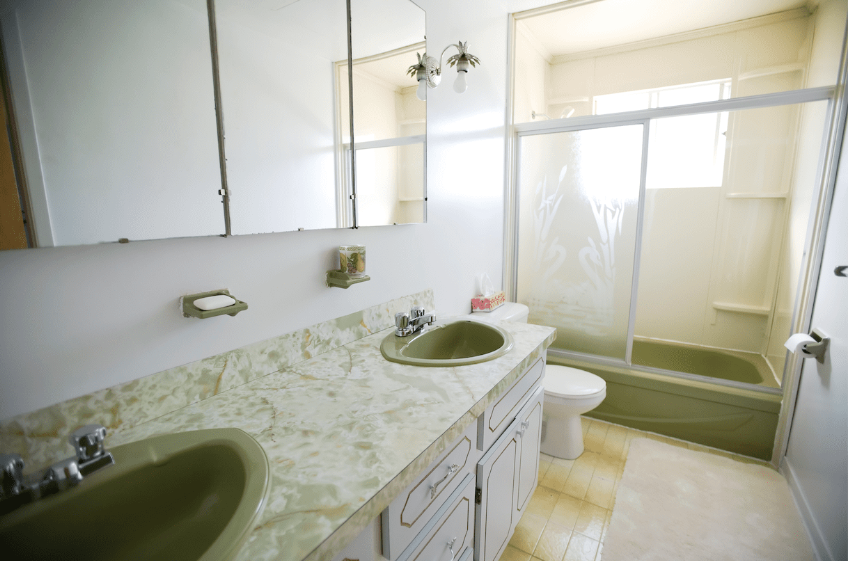
3. Outdated Kitchens and Bathrooms
Nothing dates your home more than an old kitchen and bathrooms; since cabinets, countertops, appliances, and fixture styles evolve and deteriorate with the years. To bolster value in these critical spaces, replace white appliances, frameless built-in mirrors, pastel tiling, and outdated countertops.
According to Remodeling Magazine’s annual Cost vs. Value report, a minor kitchen remodel adds on average $18,206 in value to your home (77.6% ROI), while a major kitchen remodel adds $40,216 (58.6% ROI). Remodeled bathrooms significantly increase property value as well, adding between $13,000 to $50,000 on average, depending on the quality of finishes.
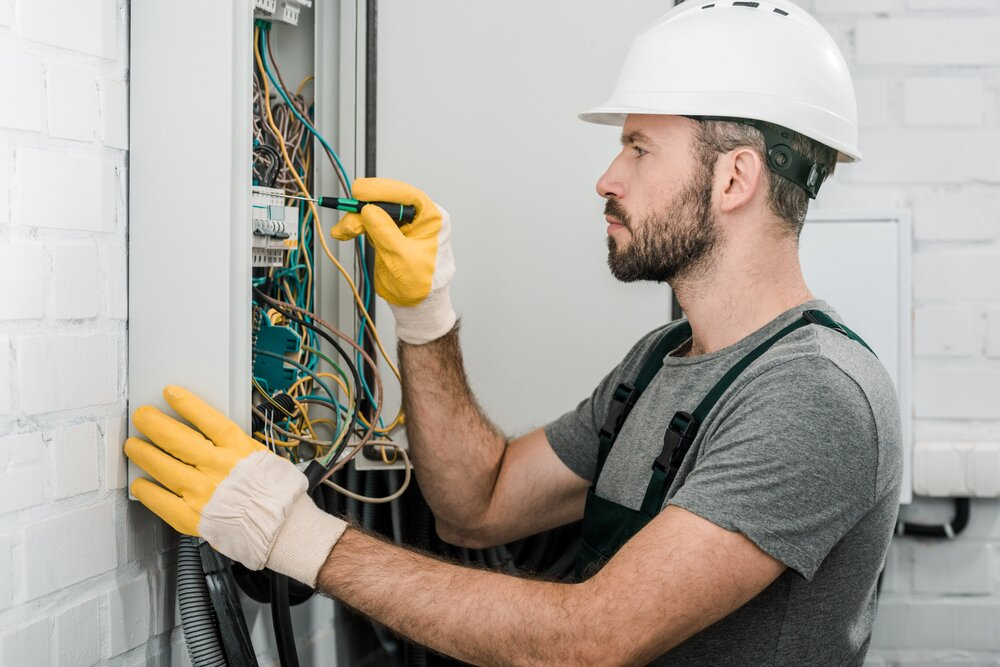
4. Wonky Workmanship
Cringeworthy results from hasty, low-budget renovations can damage your home’s value. In a home appraisal, your property receives a quality score based on the level of workmanship, materials, and finishes throughout the home. The higher end your home, the more detrimental shoddy workmanship is to your property value, lowering the score to reflect the inconsistency.
When it’s time to sell, buyers view poorly executed renovations as problems to fix, regardless of how recently the “upgrade” was completed. Expect lower offers from prospective buyers if your home includes any of the following: crooked tiling, warped flooring, awkward home additions, uneven decking and railings, and gaps between flooring and walls or thresholds.
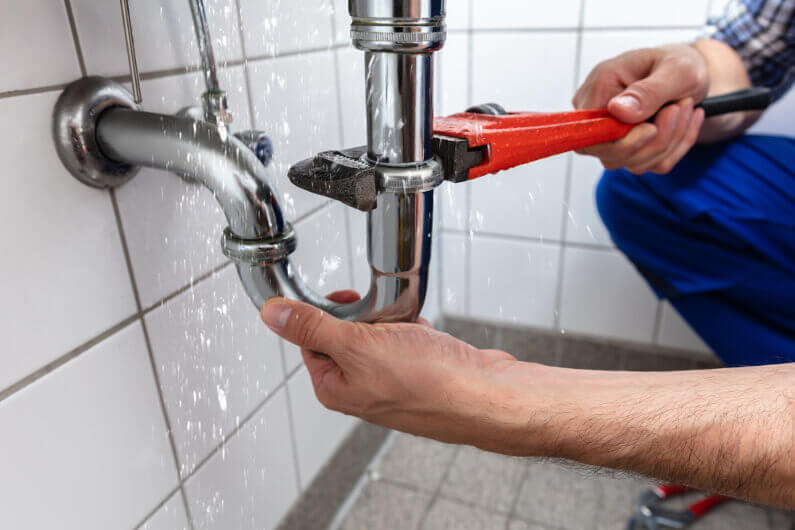
5. Lousy Landscape
Unfortunately, letting your landscaping go from “good” to “poor” can diminish your property value by 5% to 15%. The Appraisal Institute recommends keeping landscaping in line with your neighborhood standard to best protect your home’s value and avoid unnecessary cost. At a minimum, this includes regularly trimming plants, fertilizing and mowing your lawn, and replanting every five to 10 years depending on growth.
If your current landscaping does not mesh with your lifestyle, replace your vegetation with lower maintenance options. Exchange your lawn for native plants, gravel, stones, and drip system irrigation, so your yard stays in top form no matter how busy life gets.
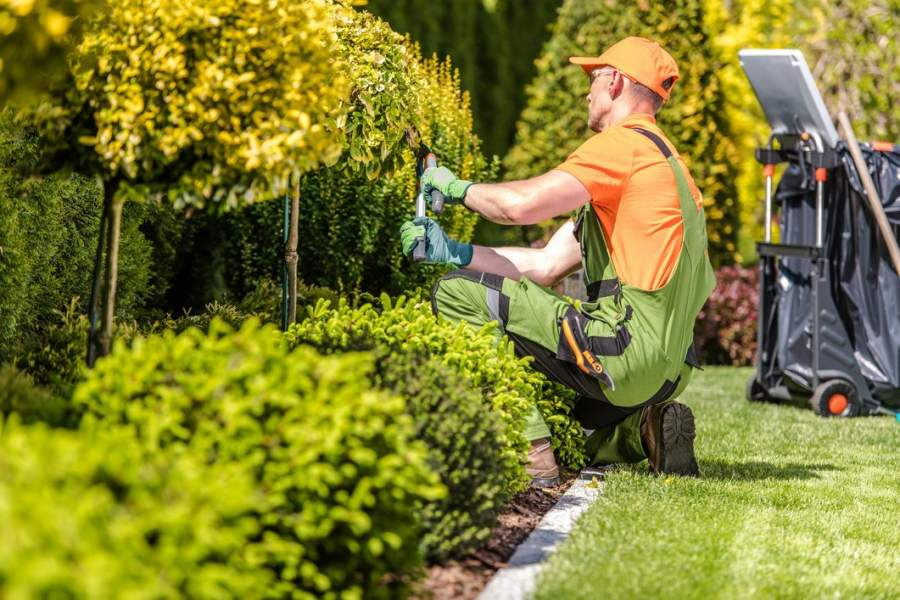
6. Rough Roofing
Missing shingles, decayed siding, and moss — are all signs your roof needs some TLC. The condition of your roof significantly impacts your property value since it’s visibility impacts curb appeal and is a critical feature. Installing a new roof typically increases home value by more than the amount spent, bringing a fairly high return on investment compared to other home renovations.
For a low-cost improvement, hire a professional to clean your roof for a few hundred dollars. By removing debris and dirt build-up on the shingles and gutters, you’ll boost curb appeal and improve your home’s marketability.
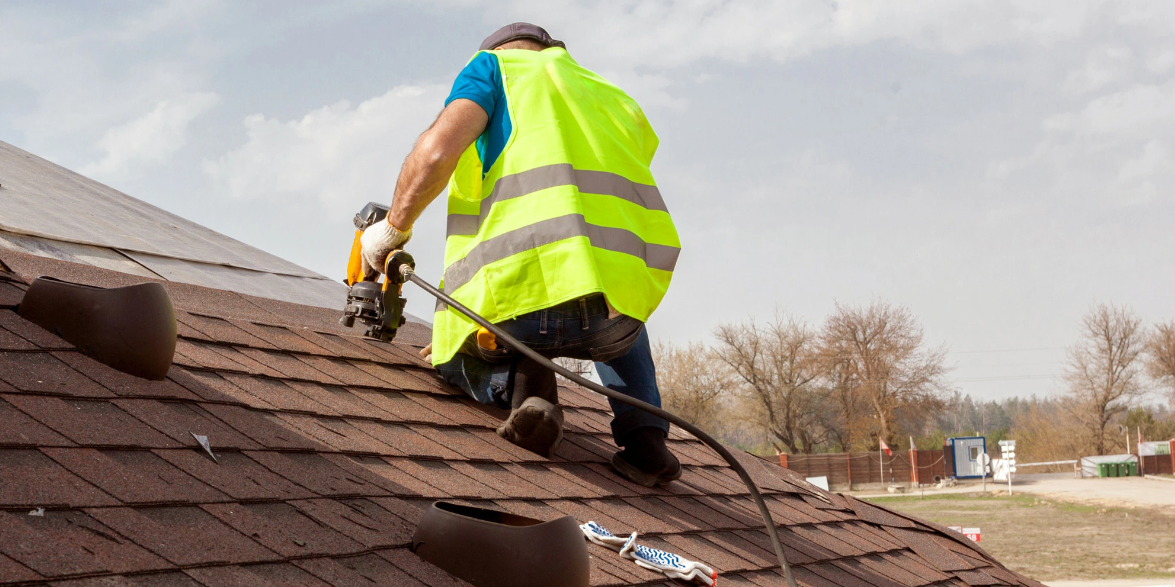
7. Petulant Pets
If you have a pet that sheds a lot, your home will likely need more frequent cleaning to keep the fur from piling up. A pet that chews on things could also cause damage to your home that would need to be repaired. In addition, if you have a pet that smells bad, it could turn off potential buyers. While selling your home, it might be best to find a temporary home for your pet.
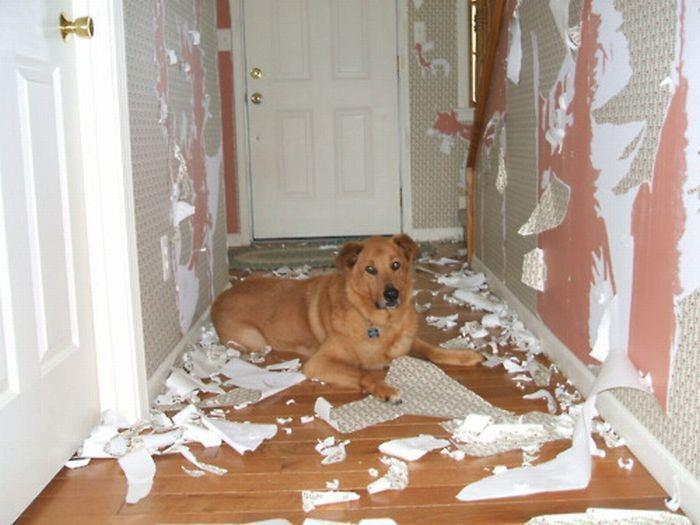
8. Smelly Smoking
If you smoke in your home, it could be hurting its value. Cigarette smoke can cause serious damage to a home, from stained walls and ceilings to a lingering smell that can be difficult to remove. Most homebuyers are turned off by the smell of smoke, so if you’re trying to sell your home, it’s best to stop smoking in it.
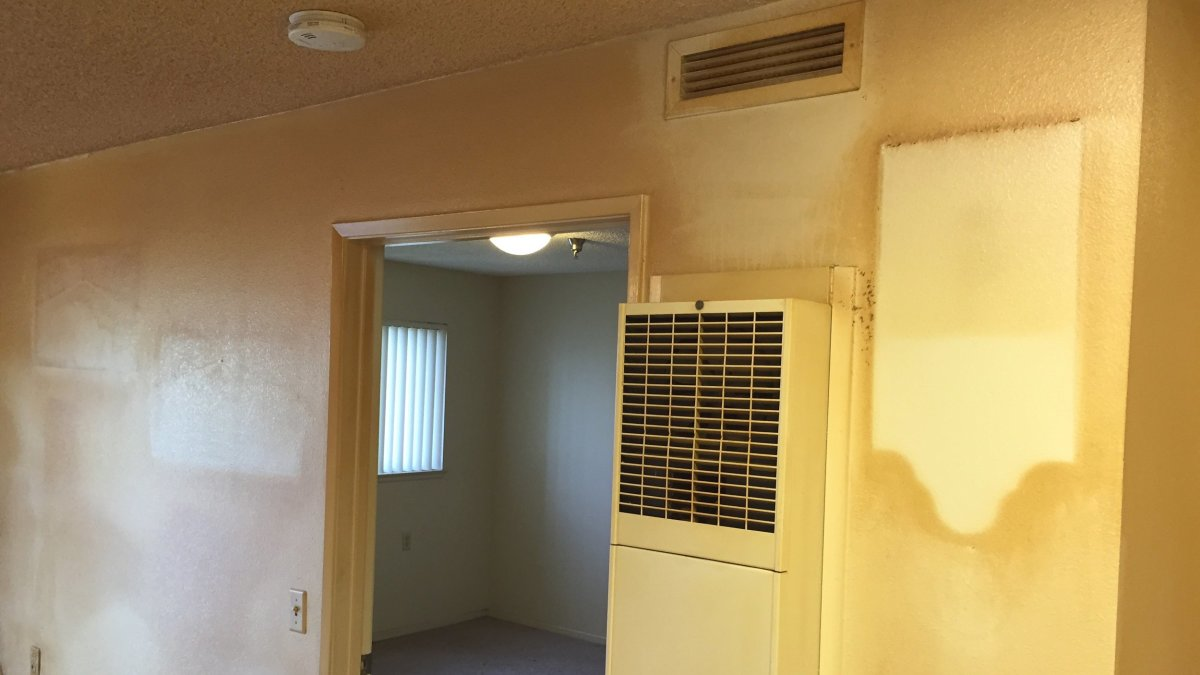
9. Too Much Personalization
While you want your home to feel like a reflection of you, going too far with personalization can have the opposite effect. Excess clutter is just an eye sore for most buyers. Over-the-top decor or renovations that don’t match the rest of the neighborhood can make your home less appealing to buyers.
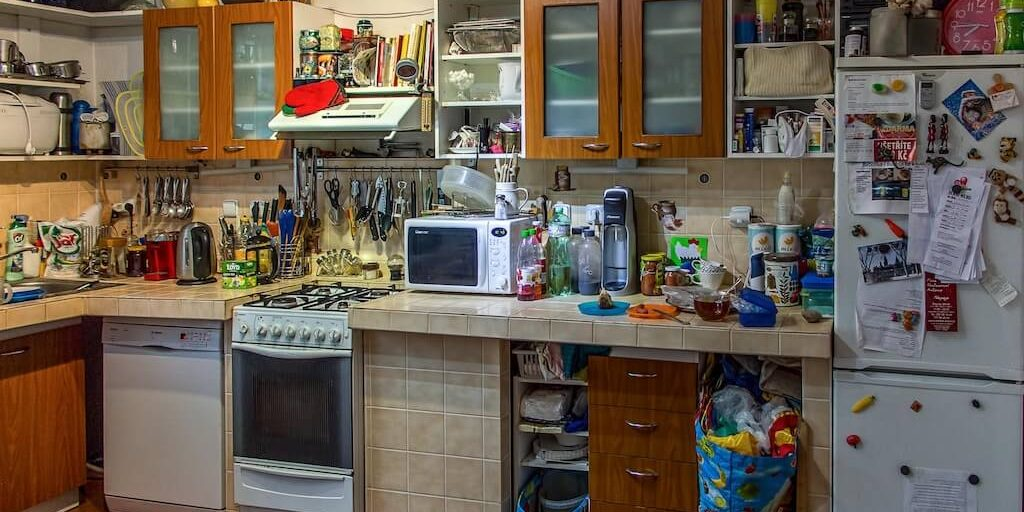
10. Not Enough Storage
This one is particularly true for starter homes or homes that have been recently remodeled to open up the floor plan. If your home doesn’t have enough storage, buyers may see it as a flaw that will require them to spend money fixing that feature.
External Factors That Squeeze Your Home Value
Your property value may also decline due to external factors related to your neighborhood and surrounding area. While many of these value busters are out of your immediate control, staying cognizant of their impact can help you combat depreciation through compensating home improvements, or may even influence a decision to sell.
11. Noise Pollution
Road noise audible from your home may increase due to population growth, highway extensions, or other nearby developments. Loud dogs barking next door may be frustrating for you, so it may also negatively affect any potential homebuyers. Whatever the case, a noisy urban soundscape can significantly hurt your property value.

12. Sex Offenders
Safehome.org estimates that 752,000 people are listed on state sex offender registries in the U.S. When a registered sex offender moves into your neighborhood, your property value drops in response. A 2008 study by the American Economic Review reveals that the average price of homes sold within a one-tenth-mile radius of sex offenders declined by roughly 4%, while homes directly adjacent dropped a full 12%.
13. Neglectful Neighbor
Even homes in the most coveted neighborhoods may lose value from one bad egg on the block. There may be very little you can do about it but befriending the neighbor and offering assistance could be a solution. Offer to help your neighbor repair fencing, landscaping, or clutter that borders your property. Propose splitting the cost of a neighbor’s desperately needed upgrade to create a win-win situation.

14. Nearby Nuisance
Loud, odorous, and hazardous facilities negatively impact home values in close vicinity. Here are a few examples of nearby sites your home takes a hit:
Dumps
In a study in Cleveland, Ohio, researchers compared property values around five municipal landfills, concluding that the stench dragged down property values by 5.5% to 7.3%.
Power plants
University of California at Berkeley found that homes within two miles of a power plant experience a 3% to 7% drop in value.
Hospitals
Homes exposed to hospitals’ endless parade of sirens, supply trucks, and generator hum, see on average a 3.2% decrease in value.

Take action to prevent your home’s decline in value.
Get your property value back on track with these easy home improvements, known for boosting your home’s value and marketability to a prospective buyer:
Apply a fresh coat of neutral paint. Colored walls rarely work in your favor when it’s time to sell. Paint your home’s interior and exterior wherever needed to neutralize and refresh its appearance. Consumer Reports state that painting your home’s exterior can boost property value by 2% to 5%.
Replace old appliances, since many people judge a home by the appliances. Swap out old models for new, stainless steel appliances to improve your home’s marketability. Spend a little cash on exterior lighting to spruce up curb appeal.
Combat noise with a new soundscape. Reduce noise pollution by upgrading to double-paned windows, solid core doors, and soundproofing insulation. Mitigate further by adding a fountain or other water feature to mute traffic sounds.
Contact Property Wonk for a free estimate of your home value or a quick call with a Bakersfield Realtor.


